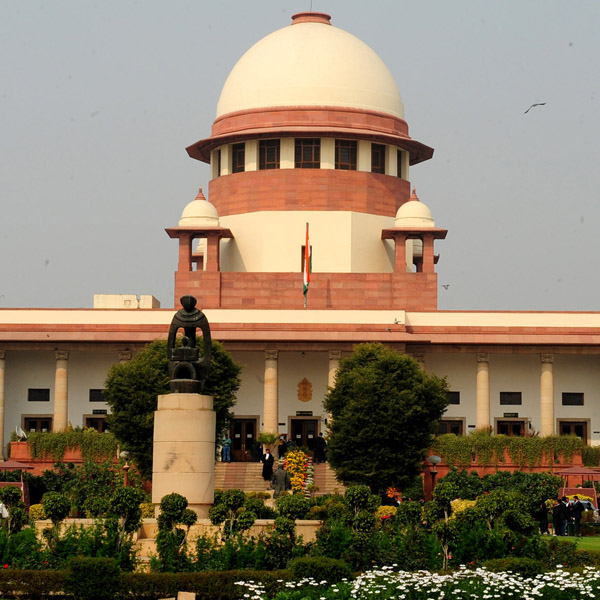
In a landmark judgment, Supreme Court has struck down Section 66A of the IT Act. In their order, the court said, Section 66A is violative of Article 19(1)(a), not saved by Article 19(2), hence unconstitutional.
The division bench said public's right to know is directly affected by Section 66A of Information Technology Act. The apex court also said Section 66A of IT Act clearly affects Right to Freedom of Speech and Expression enshrined under Constitution.
SC, however, refused to strike down two other provisions of the IT Act that provide blocking of sites.
Thr Court said there is a difference between discussion, advocacy and incitement.Discussion & advocacy, no matter how annoying, is allowed said the division bench in it's judgment. Court while delivering the verdict said liberty and liberty of thought is of paramount importance in a country like India. Tushar Mehta had said that the Government did not want to curtail the freedom of speech and expression at all which is enshrined in the Constitution, but the vast cyber world could not be allowed to remain unregulated.
However, the court had said that terms like 'illegal', 'grossly offensive' and 'menacing character' were vague expressions and these words were likely to be misunderstood and abused. Some of the petitions seek setting aside of section 66A of the Information Technology Act which empowers police to arrest a person for allegedly posting offensive materials on social networking sites.
The first PIL on the issue was filed in 2012 by a law student Shreya Singhal, who sought amendment in Section 66A of the Act, after two girls -- Shaheen Dhada and Rinu Shrinivasan -- were arrested in Palghar in Thane district as one of them posted a comment against the shutdown in Mumbai following Shiv Sena leader Bal Thackeray's death and the other 'liked' it.
The apex court had on May 16, 2013, come out with an advisory that a person, accused of posting objectionable comments on social networking sites, cannot be arrested without police getting permission from senior officers like IG or DCP.
The direction had come in the wake of numerous complaints of harassment and arrests, sparking public outrage. It had, however, refused to pass an interim order for a blanket ban on the arrest of such persons across the country.
No comments:
Post a Comment
Note: only a member of this blog may post a comment.